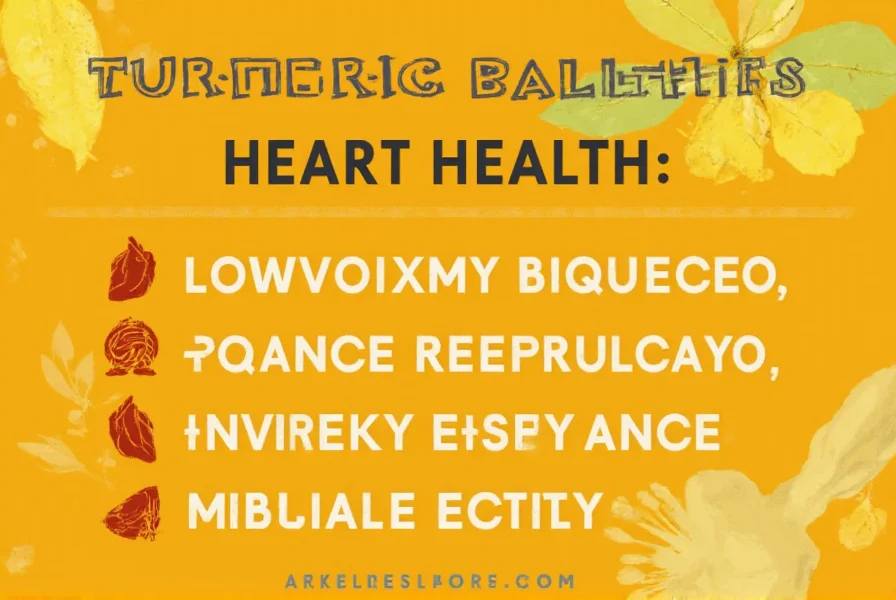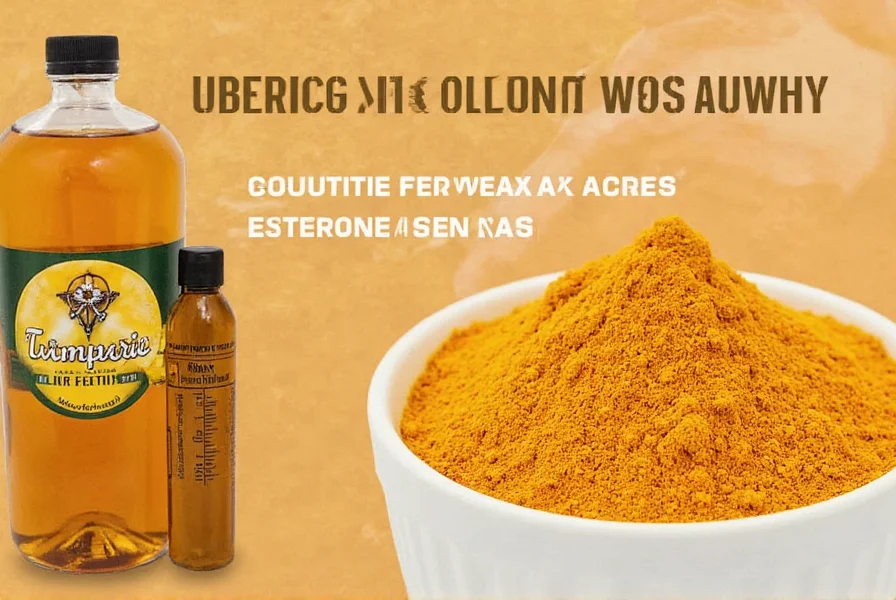For centuries, turmeric has been valued in traditional medicine systems for its therapeutic properties. Modern research now examines how this golden spice might specifically benefit cardiovascular health. The active compound curcumin appears to influence several biological pathways relevant to heart function, making turmeric for heart health an increasingly studied topic in nutritional science.
The Science Behind Turmeric and Cardiovascular Health
Curcumin, turmeric's primary bioactive component, demonstrates potent anti-inflammatory and antioxidant properties that may protect against cardiovascular disease. Chronic inflammation contributes significantly to atherosclerosis development—the buildup of plaque in arteries that can lead to heart attacks and strokes. Research published in the Journal of the American College of Cardiology indicates curcumin may reduce inflammatory markers like C-reactive protein by up to 30% in clinical trials.
Unlike many supplements that make exaggerated claims about curcumin for cardiovascular health, the scientific evidence reveals more nuanced benefits. Curcumin appears to improve endothelial function—the lining of blood vessels that regulates blood pressure and clotting. A 2017 meta-analysis in Nutrition Journal found that curcumin supplementation significantly improved flow-mediated dilation, a key measure of vascular health, compared to placebo.

Research Evidence on Turmeric for Heart Health
While promising, the research on turmeric benefits for heart health has limitations. Most human studies have relatively small sample sizes and short durations. However, several well-designed trials show consistent patterns:
| Study | Participants | Key Findings | Duration |
|---|---|---|---|
| Thai Cardiovascular Trial (2015) | 120 post-bypass patients | 26% lower heart attack recurrence with 4g curcumin daily | 12 months |
| American Journal of Cardiology (2012) | 32 postmenopausal women | Improved endothelial function equivalent to aerobic exercise | 8 weeks |
| Nutrition Research (2018) | 118 metabolic syndrome patients | Significant reduction in LDL cholesterol and triglycerides | 8 weeks |
Specific Cardiovascular Benefits of Turmeric
Research suggests several mechanisms through which turmeric and cholesterol levels may interact beneficially:
Blood Pressure Regulation
Curcumin appears to enhance nitric oxide production, which helps blood vessels relax and maintain healthy blood pressure. A 2019 review in Phytotherapy Research noted that curcumin supplementation reduced systolic blood pressure by an average of 5 mmHg in hypertensive patients.
Cholesterol Management
Multiple studies indicate curcumin may lower LDL ("bad") cholesterol while raising HDL ("good") cholesterol. The proposed mechanism involves inhibition of cholesterol absorption in the gut and increased conversion of cholesterol to bile acids.
Inflammation Reduction
Chronic inflammation drives atherosclerosis progression. Curcumin's ability to inhibit NF-kB, a key inflammation signaling molecule, may help protect arterial walls from damage.
Practical Application: Using Turmeric for Heart Health
Understanding how much turmeric for heart health is appropriate requires consideration of bioavailability. Pure turmeric contains only 2-8% curcumin, and this compound has poor absorption on its own. For meaningful cardiovascular benefits, consider these evidence-based approaches:
- Enhanced formulations: Look for products containing piperine (black pepper extract), which increases curcumin absorption by up to 2,000%
- Dosage guidelines: Most clinical trials use 500-1,500mg of standardized curcumin extract daily
- Food combinations: Consuming turmeric with healthy fats (like olive oil or avocado) improves absorption
- Consistency: Benefits appear with regular, long-term use rather than occasional consumption
Safety Considerations and Interactions
While generally safe, turmeric interactions with heart medications require careful attention. Curcumin may enhance the effects of blood thinners like warfarin, increasing bleeding risk. It may also interact with diabetes medications, blood pressure drugs, and certain chemotherapy agents.
Individuals with gallbladder issues should consult their physician before using therapeutic doses of turmeric, as it may stimulate bile production. High doses (above 8g daily) have been associated with gastrointestinal discomfort in some studies.
Realistic Expectations for Heart Health
Turmeric represents a complementary approach to cardiovascular wellness, not a standalone solution. The most significant improvements in heart health come from combining evidence-based supplements like curcumin with:
- Regular physical activity
- A Mediterranean-style diet rich in fruits, vegetables, and whole grains
- Smoking cessation
- Stress management techniques
- Appropriate medical care for existing conditions
When evaluating turmeric heart health research, remember that supplements work best as part of a comprehensive strategy rather than as miracle cures. The strongest evidence supports turmeric's role in reducing inflammation and improving vascular function—key factors in long-term cardiovascular protection.











 浙公网安备
33010002000092号
浙公网安备
33010002000092号 浙B2-20120091-4
浙B2-20120091-4